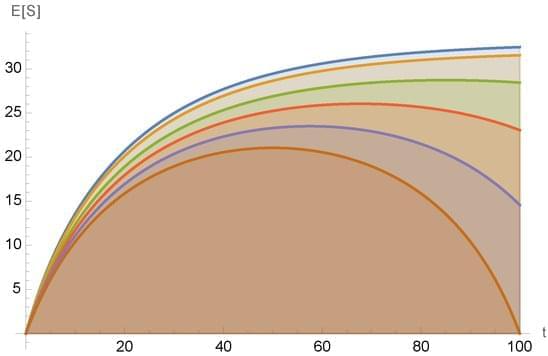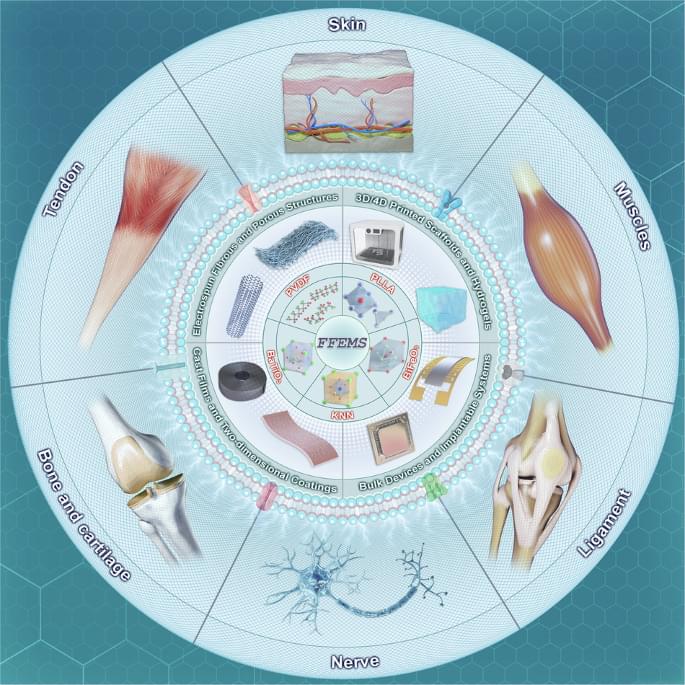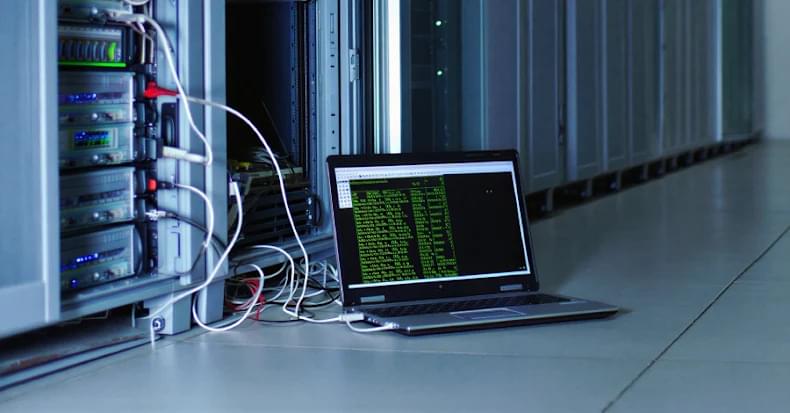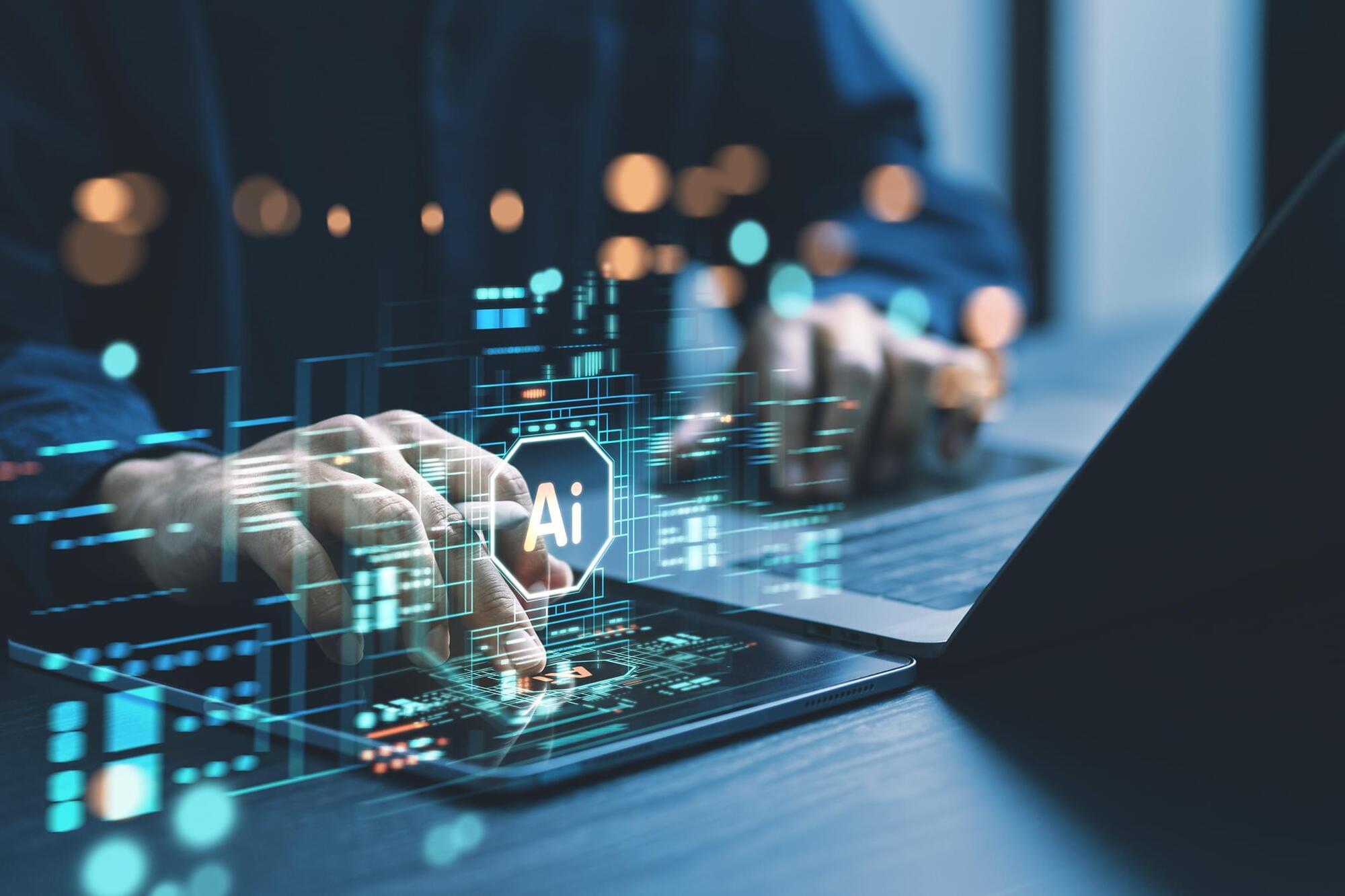Are your perceptions, memories and observations merely a statistical fluctuation arising from of the thermal equilibrium of the universe, bearing no correlation to the actual past state of the universe?


The media and tech landscape is undergoing a significant transformation driven by advancements in AI, technology, and new structures, enabling entrepreneurs and companies to achieve exponential growth and innovation ## ## Questions to inspire discussion.
Building Your Own Platform.
🚀 Q: How can writers escape traditional media constraints? A: Launch on decentralized platforms like Substack where you build your own brand and business as a “non-fungible writer”, potentially creating organizations 10x larger than traditional media companies you’d work for.
💰 Q: What makes writer-led platforms attractive investments? A: Platforms become cornerstone franchises when writers only succeed by making the platform successful, creating aligned incentives that generate significant returns while enabling top talent to build independent businesses.
📊 Q: What content opportunity exists in decentralized media? A: A barbell market is emerging with mainstream filler content on one end and massive untapped demand for high-quality niche content on the other, creating opportunities across various specialized domains.
Leveraging AI for Business.
Tesla is ending the one-time purchase option for Full Self-Driving (FSD) and shifting to a monthly subscription model, likely to recapture the value of the technology as it advances towards full autonomy and potential expansion into a robo-taxi fleet ##
## Questions to inspire discussion.
Investment Signal.
🎯 Q: Why is Tesla ending FSD one-time purchases after February 14?
A: Tesla is stopping FSD sales because autonomy is approaching a major inflection point where value will step-change when drivers are out of the loop, and Tesla wants to avoid locking in one-time payments at legacy prices before entering the real robo-taxi world.
Revenue Model Transformation.
OpenAI is facing a potentially crippling lawsuit from Elon Musk, financial strain, and sustainability concerns, which could lead to its collapse and undermine its mission and trust in its AI technology ## ## Questions to inspire discussion.
Legal and Corporate Structure.
🔴 Q: What equity stake could Musk claim from OpenAI? A: Musk invested $30M representing 60% of OpenAI’s original funding and the lawsuit could force OpenAI to grant him equity as compensation for the nonprofit-to-for-profit transition that allegedly cut him out.
⚖️ Q: What are the trial odds and timeline for Musk’s lawsuit? A: The trial is set for April after a judge rejected OpenAI and Microsoft’s dismissal bid, with Kalshi predicting Musk has a 65% chance of winning the case.
Funding and Financial Stability.
💰 Q: How could the lawsuit impact OpenAI’s ability to raise capital? A: The lawsuit threatens to cut off OpenAI’s lifeline to cash and venture capital funding, potentially leading to insolvency and preventing them from pursuing an IPO due to uncertainty around financial stability and corporate governance.
Elon Musk’s ventures, particularly Tesla’s robotaxis and advancements in AI, are poised to revolutionize the economy and society, with significant potential for growth, discovery, and profound implications for the future ##
## Questions to inspire discussion.
Robotaxi Economics & Business Model.
🚖 Q: What determines robotaxi success beyond achieving autonomy? A: Success depends on unit economics, fleet scalability, and supply elasticity during peak demand, not who reaches autonomy first, with the ability to integrate privately owned vehicles into a single economic system being critical.
💰 Q: What margin advantage does Tesla’s robotaxi model have over competitors? A: Tesla projects 35% margins by 2030, significantly higher than Uber’s 7.9% and Waymo’s break-even margins, enabling rapid revenue growth.
📈 Q: What revenue growth is expected for Tesla’s robotaxi business? A: Tesla expects 4.4-5x growth in robotaxi revenue over the next 5 years, potentially greater due to untapped use cases like long road trips.

npj Flexible Electronics, Article number: (2026) Cite this article
We are providing an unedited version of this manuscript to give early access to its findings. Before final publication, the manuscript will undergo further editing. Please note there may be errors present which affect the content, and all legal disclaimers apply.
Elon Musk’s lawsuit against OpenAI aims to expose the company’s alleged abandonment of its non-profit mission and potential shift to a for-profit model, sparking a heated dispute over the company’s future and integrity ##
## Questions to inspire discussion.
Understanding the lawsuit timeline and stakes.
🔍 Q: When is Elon Musk’s lawsuit against OpenAI going to trial and what is he claiming?
A: The lawsuit is set to go to trial in April 2026, with Musk arguing he’s owed billions from the value of intellectual property developed from his contributions as the primary funder who wanted OpenAI to remain nonprofit and open source.
📄 Q: What evidence exists in Greg Brockman’s personal files from 2017?

With rapid advancements in AI and automation, individuals must prepare for a potentially unstable future by building financial strength, adapting to change, and rethinking traditional economic policies to avoid societal collapse ## ## Questions to inspire discussion.
Financial Preparation.
💰 Q: How should I structure my finances to build wealth? A: Focus on the fundamental equation: earn minus spend equals save, then invest that saved amount wisely to determine your financial success, as this simple formula is the foundation of building financial strength.
🏃 Q: When should I consider relocating geographically? A: Evaluate your location during major financial shifts and changing world orders, as the ability to move to better places and away from bad places has been historically important for protecting wealth and opportunity.
Career Strategy.
🎯 Q: How do I choose a career that maximizes financial success? A: Select careers that align with your passions while understanding their financial implications, since the work you do will directly impact your financial success during economic transitions.
